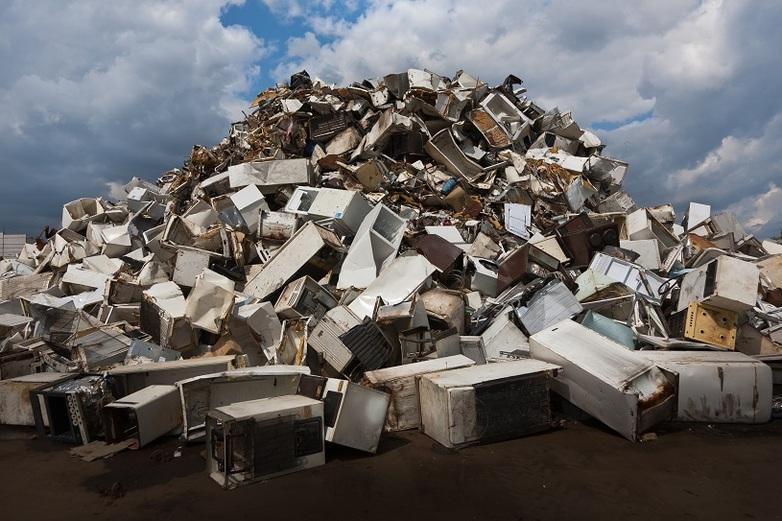Context
Demand for cooling and air conditioning units is rising sharply in the Global South. As a result, there is an ever-growing number of appliances and foams containing halogenated hydrocarbons. These are either ozone-depleting substances (ODS) or have a high global-warming potential (hydrofluorocarbons, HFCs). When old cooling devices are not disposed of in an environmentally friendly way, the legacy ‘ODS and HFC banks’ release emissions freely into the atmosphere.
The disposal of ODS and HFC banks is not currently a priority in the international climate debate. To date, the international community has only agreed to regulate the production and consumption of ODS in the Montreal Protocol and to phase-down climate-warming HFCs in the Kigali Amendment. An agreement on how to dispose of existing ODS and HFCs is still needed.
Objective
Policy-makers are taking measures to get rid of ODS and HFC banks and thereby reduce greenhouse gas emissions. They are also incorporating this issue into their national climate strategies.
Approach
The Climate and Ozone Protection Alliance (COPA) is combating emissions from old cooling devices in China, Ghana, Mexico, and Tunisia.
As the project progresses, more countries demonstrating considerable potential for reducing ODS and HFCs will be identified and supported. As part of this, the plan is to expand networks and to establish the Alliance in the countries concerned at political level.
COPA is focusing above all on working with metropolitan regions, as this is where large quantities of legacy ODS and HFCs build up.
In terms of putting reduction measures into practice, COPA carries out status quo analyses and implements practical models in selected metropolitan regions.
Results
- 31 representatives of civil society, industry, academia and governments join the alliance- Alliance members work in two working groups on a funding mechanism for COPA and a joint study on destruction technologies and reprocessing of ozone-depleting substances (ODS) and hydrofluorocarbons (HFCs)
- Presentation of the Alliance in November 2022 at the 34th Meeting of the Parties to the Montreal Protocol (MOP34) in Montreal and at the UN Climate Change Conference (COP27) in Sharm El Sheikh.

